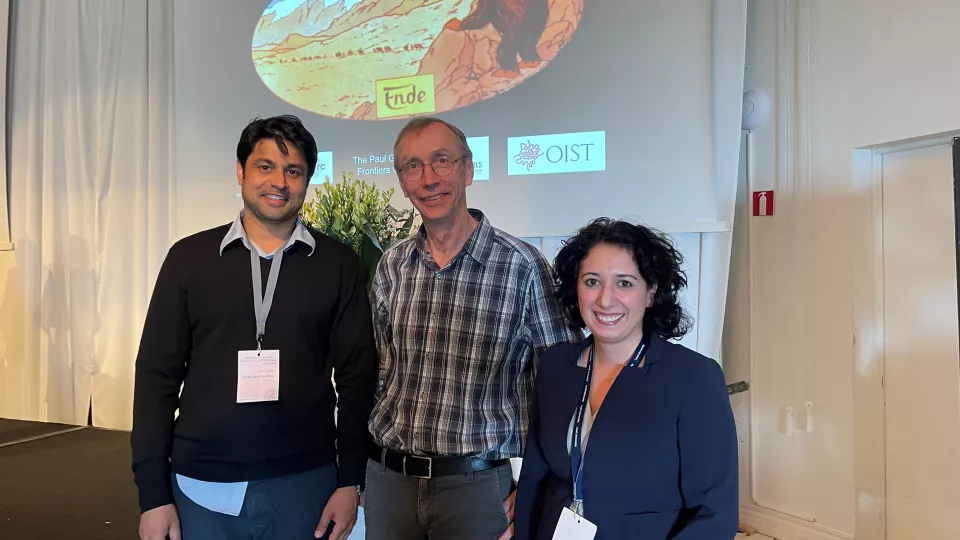We had the great pleasure to listen to Svante Pääbo in a fantastic presentation entitled “Archaic Genomics” at the NMMP event in Ystad in May this year. His research team develops methods for the retrieval of DNA sequences from archaeological and paleontological remains. In particular, they continuously try to improve the amount and quality of DNA sequences retrieved from ancient specimens. They apply these techniques to elucidate the history of hominins. For example, his team has sequenced the Neandertal genome, the closest evolutionary relative of present-day humans, to high quality.
Moreover, Svante Pääbo´s research team has described a hominin group related to Neandertals in Asia, Denisovans, and sequenced a Denisovan genome to high coverage. In addition, they are attempting to retrieve DNA also from even older hominin remains.
Analyses of these genomes show that gene flow occurred among modern human ancestors and these archaic hominins. As a consequence, about 2.0% of the genomes of people living outside Africa come from Neandertals while about 4.0% of the genomes of people living in Oceania come from Denisovans. These genetic contributions have numerous physiological and medical consequences today.
At his lecture in Ystad, Svante Pääbo also discussed recent insights into archaic genetic variants affect pain sensitivity, the risk for miscarriages, and the risk to develop severe disease when infected by SARS-CoV-2. And the first insights into the physiological consequences of genetic changes that affected modern humans after their divergence from the ancestors of Neandertals and Denisovans.


